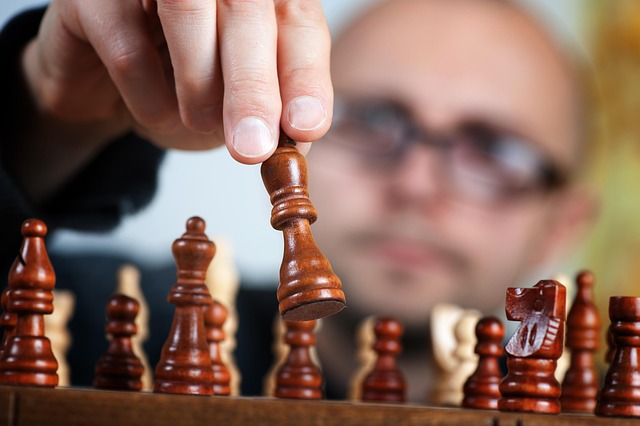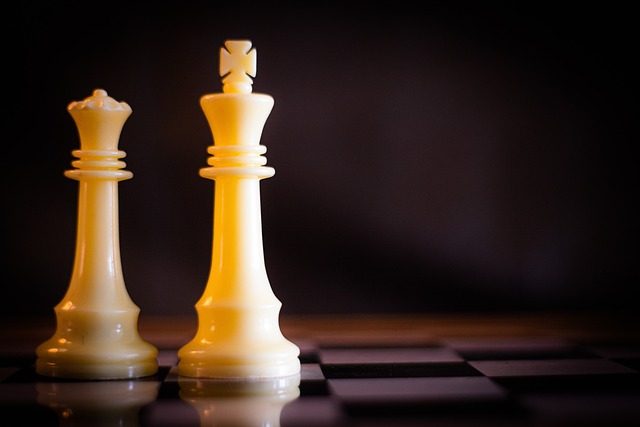Education is evolving, and as we dive deeper into the digital age, the intersection of strategic education and gaming is becoming an exciting frontier. Imagine walking into a classroom where traditional methods are complemented by the dynamic environments of video games and eSports. Here, learning is not just about memorizing facts; it’s about collaboration, tactical thinking, and real-time problem-solving. This modern pedagogical approach engages students in ways that resonate with their passions, making learning a more enriching experience.
Games have long been associated with recreation, but their potential as educational tools is increasingly recognized. Through structured gameplay, students can develop critical skills such as strategic planning and resource management. For instance, strategy games like Age of Empires” or “StarCraft” challenge players to make urgent decisions that can lead to victory or defeat. This simulation of real-world scenarios enhances analytical thinking and reinforces the importance of foresight and planning in achieving set objectives.
eSports further amplifies this concept, bridging the gap between play and education. Competitive gaming encourages teamwork and sportsmanship while fostering a deep understanding of strategy. When students engage in eSports, they learn how to think on their feet, collaborate with peers, and react quickly to changing circumstances. These are not just gaming skills; they are traits that translate into academic and professional success, nurturing a generation of problem solvers and innovative thinkers.
Moreover, the digital landscape offers an unprecedented opportunity to tailor strategic education through gaming. Educators can leverage interactive platforms to create immersive experiences where students can explore complex subjects. For example, history lessons can feature interactive simulations of historical events, allowing students to step into the shoes of key figures and make decisions that influence outcomes. In doing so, they gain a deeper understanding of the subject matter while sharpening their strategic skills.
The social aspect of gaming cannot be overlooked. Games and eSports create communities, fostering relationships and networks among students who share similar interests. This social learning is invaluable as it encourages collaboration beyond the classroom and promotes communication skills. Students learn not only from their successes but from their failures, sharing insights and strategies with one another—a true embodiment of effective teamwork.
As we embrace the digital age, it’s crucial to recognize the role of strategic education in shaping future generations. By integrating games and eSports into the learning environment, we prepare students to navigate an ever-changing world with creativity, confidence, and adaptability. The skills acquired through this unique blend of education are not only applicable in academic settings but are also highly sought after by employers in various fields. The future of learning is here, and it’s game on for those ready to level up!




